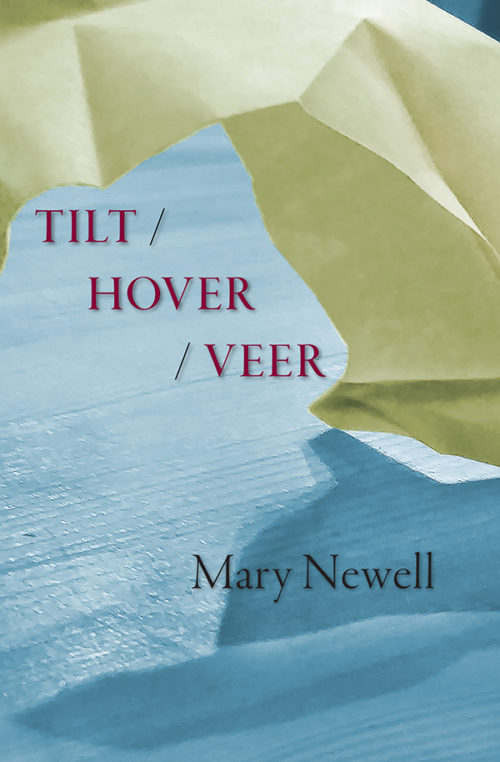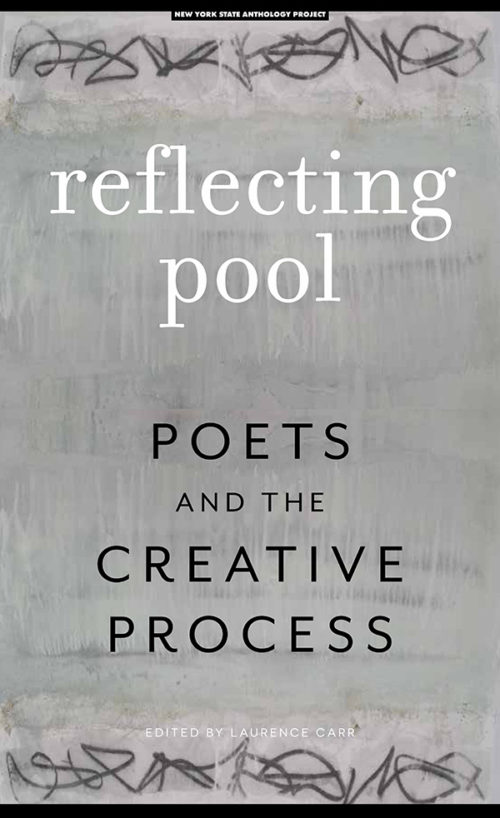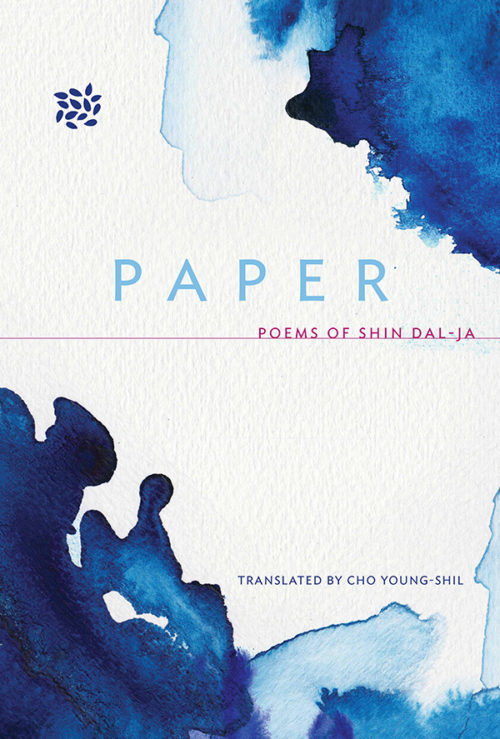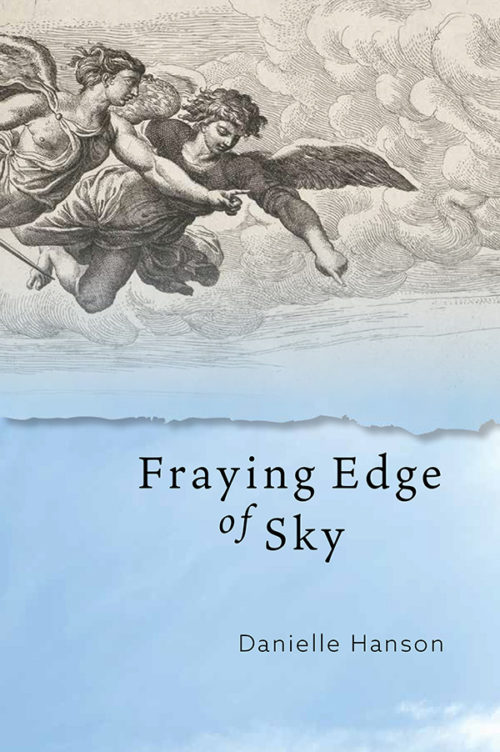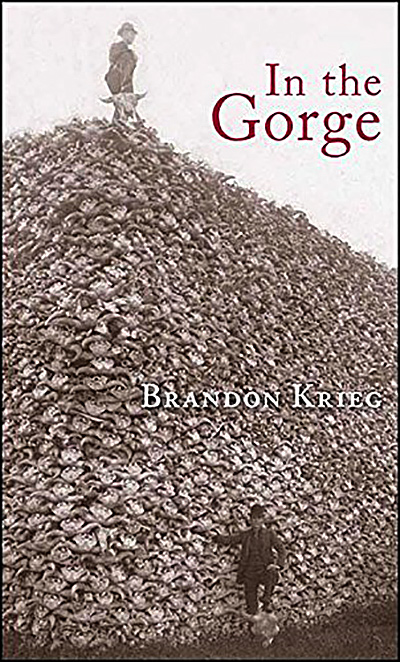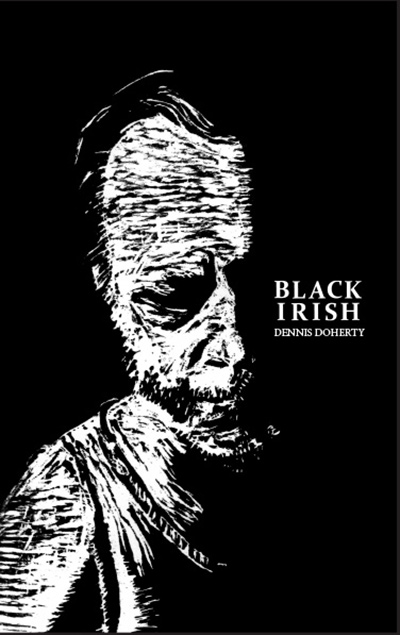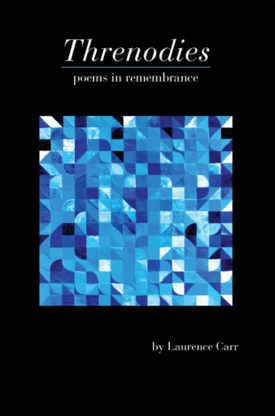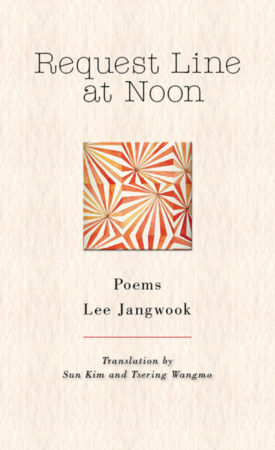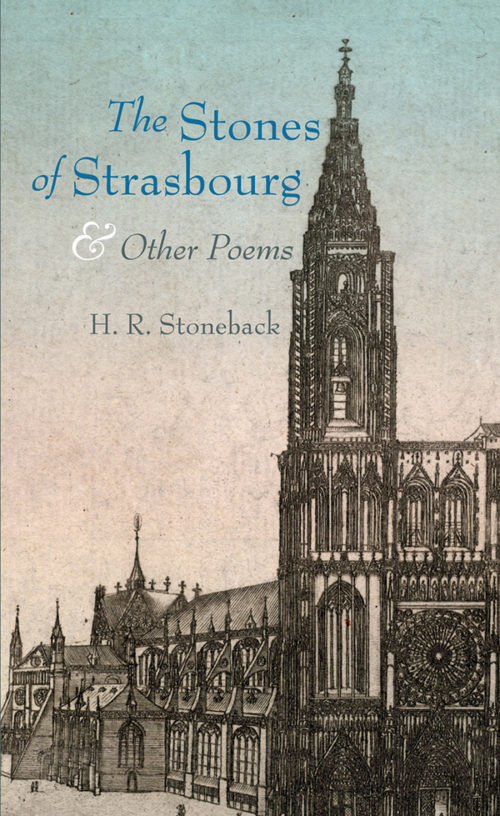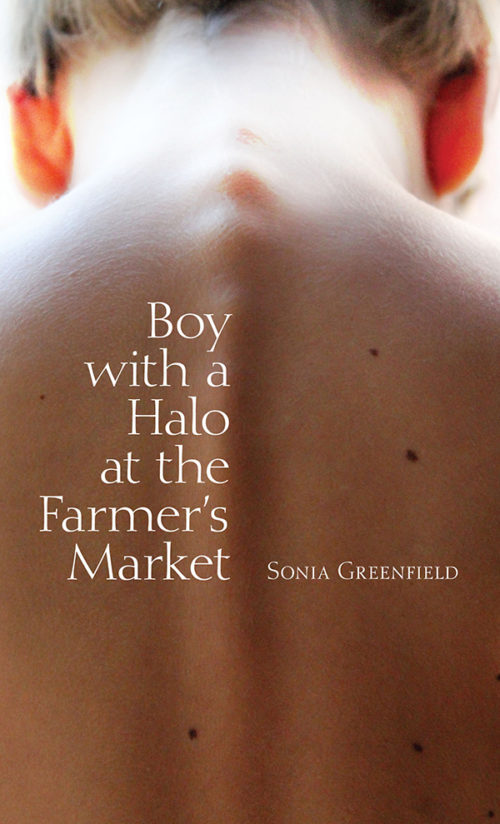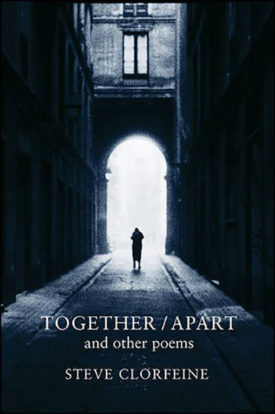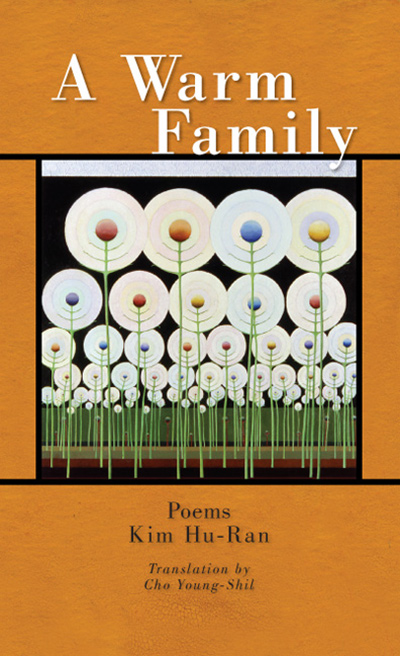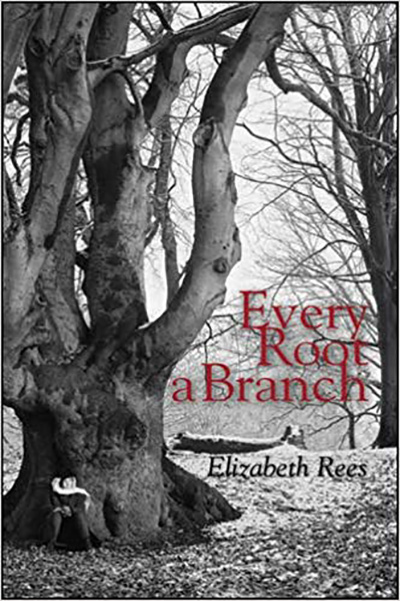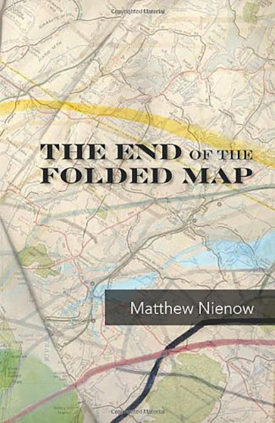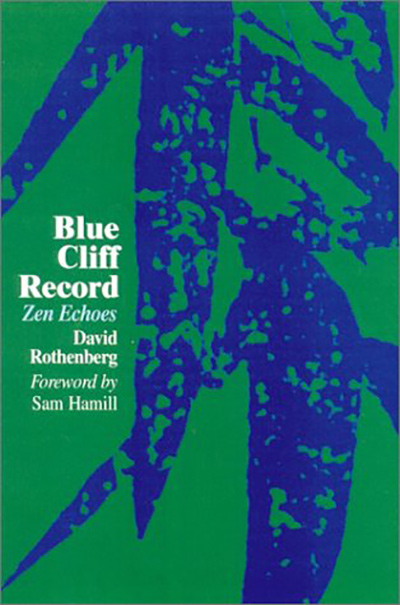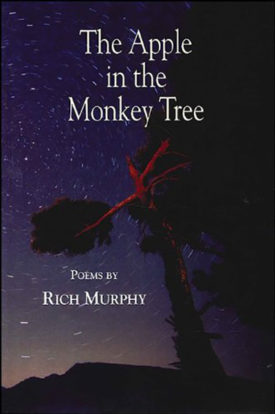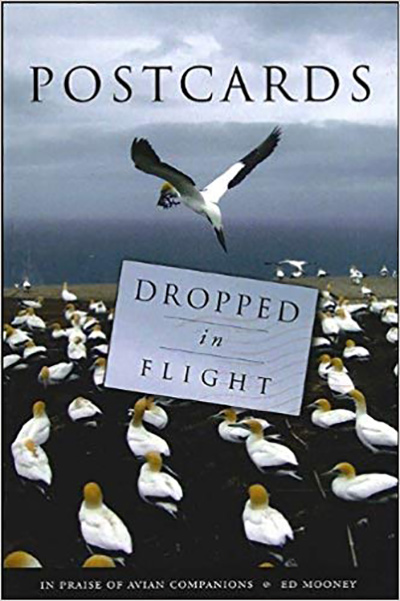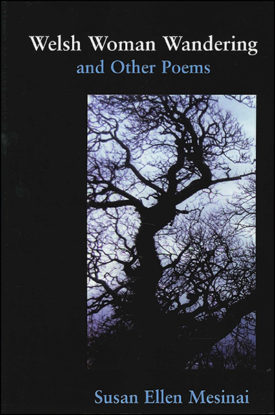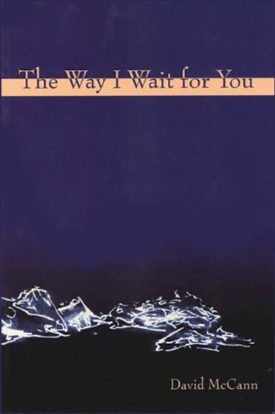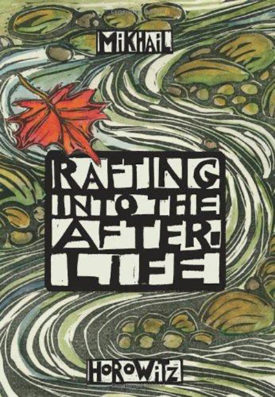It is most apt that the poems in Tilt / Hover / Veer utilize the modular refrain of in the pith of, dovetailing nicely with pith’s dual meanings: spongy plant tissue and the crux of / essence. Newell’s pithy fragments capture the essence of fleeting moments in time, whole worlds of weather, and portals into the wider universe. With a calm convergence of science, nature, and delicate imagery, Mary Newell’s poems speak to us in a distilled yet expansive diction that pulses and chimes with empyrean elegance and a rhythmic beauty. This chapbook glows with fire and light.
—Cindy Hochman, editor-in-chief of First Literary Review-East
Breathe in…tilt hover veer…breathe out…tilt hover veer. At any time in life, let alone these endangered times, tilt hover veer becomes a mantra, a pith, an essential part of our quiet. So “listen forward,” the poet encourages early in these pages, as the world’s great motor churns. For “We enter this world floundering”…
—Mike Jurkovic, poet, pundit, provocateur. President, Calling All Poets Series, New Paltz & Beacon, NY
Rich in surprising, often musical language Mary Newell’s poems bring us into the essence of experiences often overlooked. Tracing small details in the natural world Newell asks us, again and again, to pay attention to what matters.
—Ruth Danon, author most recently of Word has it
The Hinge poetry of Mary Newell arrests and lifts like the centrifugal surge to a sleeping volcano—with blasts of magmatic visage.
—Jonathan Mulcahy, poet


